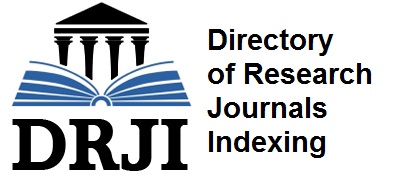The new challenges of the European Union. The case of macroregional strategies
Abstract
The rejection of the European Constitution and the retreat of the integration process in the Treaty of Lisbon highlights the crisis of European soft power. Rethinking and reforming the European Union is the most important challenge for Europe in 21st century. As regards to the objectives of Europe 2020, the European Commission set up, between 2009 and 2015, four macro-regions inspired by a new innovative approach to multi-level governance. The purpose of this paper is to analyse the Macroregional strategies of the European Union, the reform processes of the EU structure and the connection with Member States.
La mancata approvazione della Costituzione europea e l’arretramento del processo di integrazione riscontrabile nel Trattato di Lisbona evidenzia la crisi del soft power europeo. Ripensare e riformare l’Unione Europea è la sfida più importante per l’Europa del XXI secolo. In relazione agli obiettivi di Europe 2020, la Commissione Europea ha istituito, tra il 2009 e il 2015, quattro macro-regioni ispirate ad un innovativo approccio alla governance multilivello. Lo scopo del presente lavoro è analizzare le strategie macro-regionali dell’Unione Europea, i processi di riforma dell’assetto comunitario e la relazione con gli Stati membri

This work is licensed under a Creative Commons Attribution-NonCommercial 4.0 International License.
Authors who publish with this Journal agree to the following terms:
Authors retain copyright and grant the Journal right of first publication with the work simultaneously licensed under a Creative Commons Attribution-NonCommercial 4.0 International License.
This Journal permits and encourages authors to post items submitted to the Journal on personal websites or institutional repositories both prior to and after publication, while providing bibliographic details that credit, if applicable, its publication in this Journal.

















